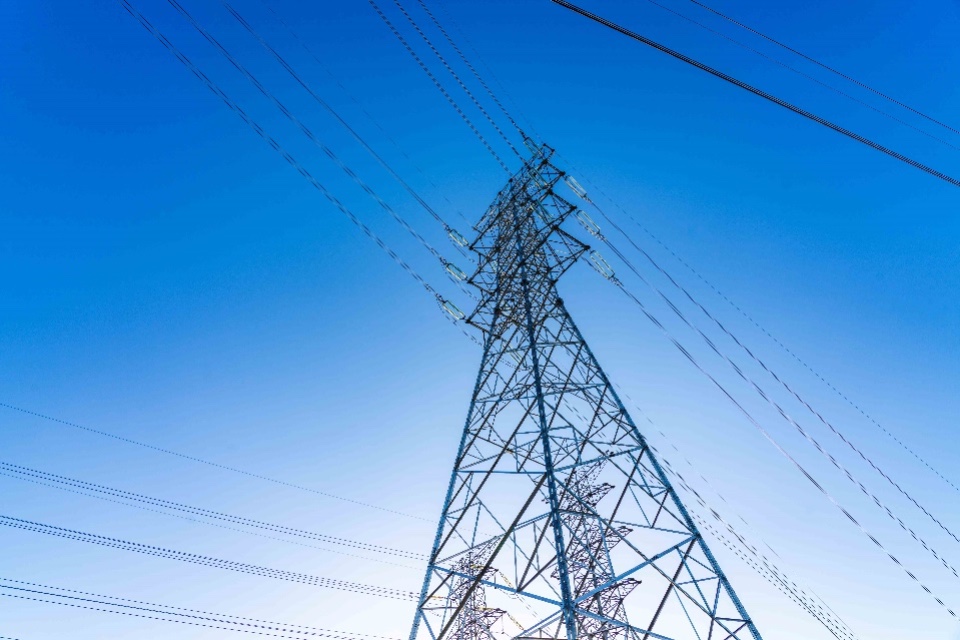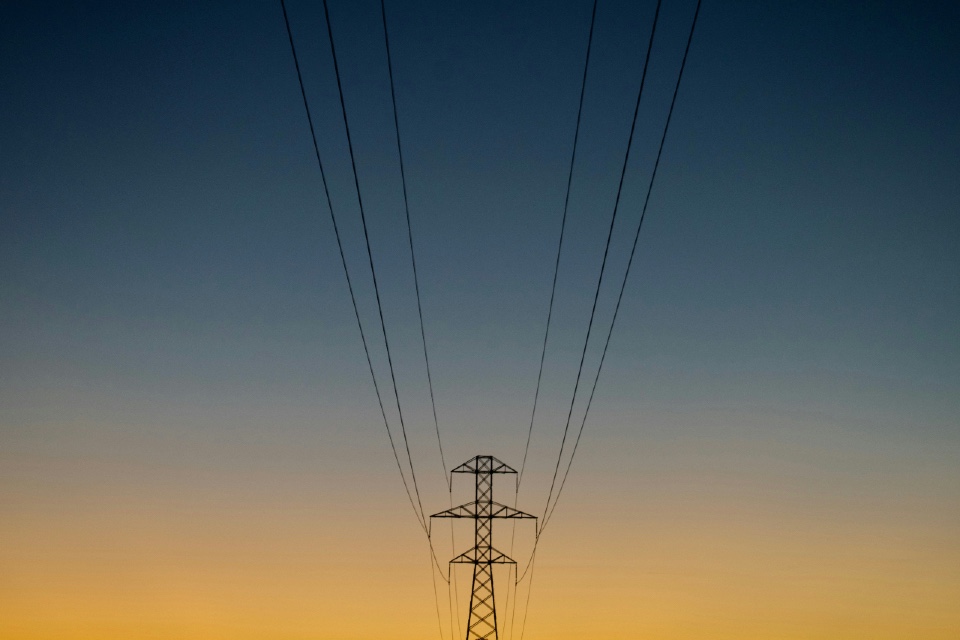Aggreko is emphasising the importance of diversifying on-site energy models to ensure resilience in the immediate and foreseeable future, following news that the National Grid will ask factories to voluntarily reduce electricity usage this winter to combat grid strain.
The Grid has urged heavy industry to sign up to an expanded version of the demand flexibility service previously targeted at households to lower demand and ease the pressure on the UK’s power infrastructure.
According to Chris Rason, Managing Director of Aggreko Energy Services, this latest announcement shows the importance of decentralised energy technologies in ensuring the manufacturing sector can continue operations unimpeded.
“This request from the National Grid is a troubling one – especially for manufacturers,” he said. “Energy scarcity is rapidly supplanting fluctuating power prices as industry’s chief concern. This is unsurprising – insufficient grid supply is an existential threat to day-to-day operations, and requests to cut back or shift energy usage to outside peak times are definitely worrying for manufacturers.
“The disruption that may ensue because of this will hold back the sector at a time when UK manufacturers are often at their busiest. More flexible approaches to powering factories, including on-site power generation, must be explored if British businesses are to remain competitive at home and abroad.”
Anticipated disruption to grid supplies is a key talking point in Aggreko’s latest report, The Race to Resilience. It identifies steps high energy users can take to safeguard power provision in the immediate future, and how other tools and services may help facility stakeholders to best guarantee long-term energy security. The report also explores how plants can reduce carbon emissions and transmission losses while boosting resilience against external events such as National Grid shortages.
“The expansion of the demand flexibility service is not enough in isolation where grid disruption is concerned,” Rason concluded. “Energy-intensive facilities should not wait for these infrastructure problems to get worse. While prohibitive up-front costs and supply chain disruption may make it more difficult for organisations to secure permanent installations, short- to medium-term hired power may provide a potential way forward.
“On-site energy generation technology continues to develop rapidly, and multiple options are now available to boost resilience. These solutions, including battery storage, combined heat and power installations, gas-powered generators and microgrids, are covered in greater detail in Race to Resilience, our latest report. I would advise stakeholders download a copy and see what can be done to combat growing grid strain issues.”







